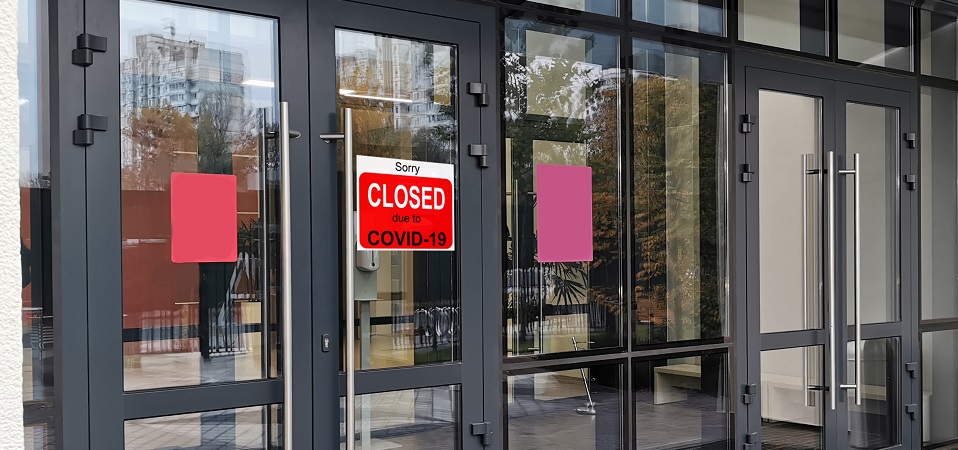The pandemic has impacted demand for commercial premises – not just in the short term, but in the long term too – with a vast number of commercial properties lying empty due to the imposed lockdown – particularly offices, hospitality venues and retail outlets – and more are set to remain vacant into the future too.
Here, Daniel Long, who is a director at WHN specialising in commercial property dispute resolution, explores the implications of leaving commercial property unoccupied, and provides advice on how best to manage vacant business premises.
A new normal
With the imposed lockdown forcing millions into home working, a new way of working will inevitably be adopted by many businesses moving forward.
Whether that be working from home exclusively or a hybrid model which splits time between the office and home, demand for office space is likely to be impacted as this undoubtably has implications on the type and size of commercial premises firms will require.
As more high street retailers continue to close and large corporate firms look to downsize office space, landlords and tenants should not only consider their lease obligations for vacant commercial property during lockdown periods, but also going forward.
Lease obligations
A range of legal and contractual issues arise from a commercial property being left vacant, with empty units having financial implications for both landlords and tenants. Both parties should therefore plan strategically to protect long-terms interests and help minimise any financial burdens relating to vacant property.
Insurance and security considerations
Tenants should familiarise themselves with their liability under the lease for both insurance and securing the property.
Whether the premises are wholly or partially vacant, a key consideration for insurance purposes is to inform the provider that the property is empty. This will help ensure that any potential claim would be valid, as failure to notify insurers could invalidate any future claim.
Keep in mind that many insurers also have specific requirements for securing a vacant property, so be sure to check your policy.
Securing the premises from intruders is likely to form part of a commercial property lease agreement, so take as many precautions as possible to mitigate risk, including making regular checks on the property to ensure it is secure.
Using an intruder alarm and CCTV may help deter burglars, while it may be worthwhile using additional measures such as perimeter security for premises like factory buildings which are more vulnerable to squatters.
Potential utility issues
Issues that typically arise at unoccupied property include burst or frozen water pipes and electrical fires, while pest control is also a potential hazard. Regular inspections are prudent.
Consideration should be given to whether to keep utilities such as water and electricity turned on, but be aware of the impact turning these off could have on other measures such as CCTV and security alarms working.
Be wary of cutting corners
While in the current climate, saving costs wherever possible will be a concern, mitigating expenses relating to repairs and dilapidations due once the lease expires should also be front of mind, so maintenance should not be neglected.
Failure to properly maintain the property may cause it to fall into disrepair, which will only reflect in costly dilapidations bills on expiry of the lease. Property maintenance should therefore be carried out as usual.
With decreased use, mechanical and electrical items may need servicing less often, so savings could be made here.
A collaborative approach
Whether a landlord or tenant, there are a multitude of legal concerns to keep in mind in relation to empty commercial premises, so a collaborative approach between the two parties is advised to ensure all obligations are met, while it is also vital to seek expert legal advice to better understand your ongoing obligations.
Daniel Long is a director based at WHN’s Bury office. Daniel heads up the commercial property dispute resolution team and helps clients with all areas of commercial landlord and tenant disputes. To contact Daniel, call him on 0161 761 8063 or email daniel.long@whnsolicitors.co.uk













